17 Concerning Health Changes You Shouldn’t Ignore in Your Pet
Animals have a way of hiding pain, and that’s what makes them so different from us. They don’t complain, they don’t whine, and they certainly don’t tell you when something is wrong. That means it’s up to you to recognize when their health is slipping. Some changes might seem small—a little extra thirst, a bit of weight loss, or a shift in energy—but these seemingly minor signs can be your only clue that something serious is going on. Knowing what to watch for can make all the difference.
Difficulty Breathing or Chronic Coughing
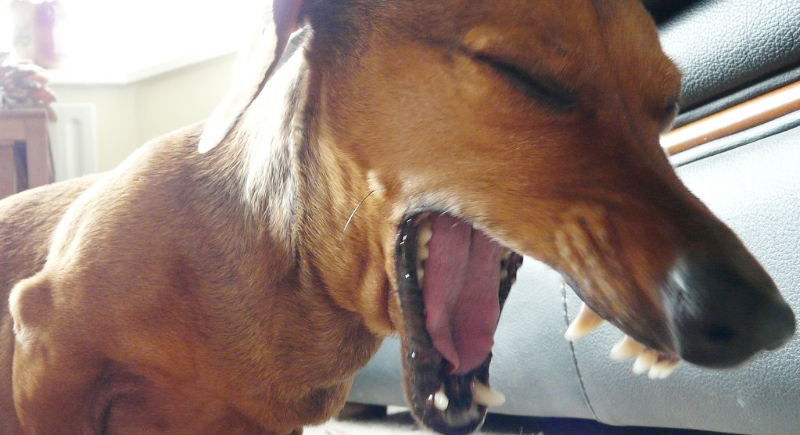
Credit: flickr
A pet that suddenly seems winded after a short walk or struggles to catch its breath while resting is in trouble. Breathing issues don’t just happen out of nowhere—there’s almost always an underlying cause. Chronic coughing could point to heart disease, infections, allergies, or even lung tumors. Some breeds, especially flat-faced ones like pugs and bulldogs, are more prone to respiratory problems, but no pet should be wheezing or gasping for air.
Changes in Eating Habits

Credit: pixabay
A sudden lack of interest in food can be a flashing warning sign. Dental pain, stomach issues, or underlying illnesses like kidney disease can cause pets to avoid meals. On the flip side, a pet who suddenly acts ravenous could have diabetes or a thyroid problem. If your dog or cat is skipping meals or inhaling food like they’ve never seen a bowl before, it’s time to ask why.
Drinking Too Much Water
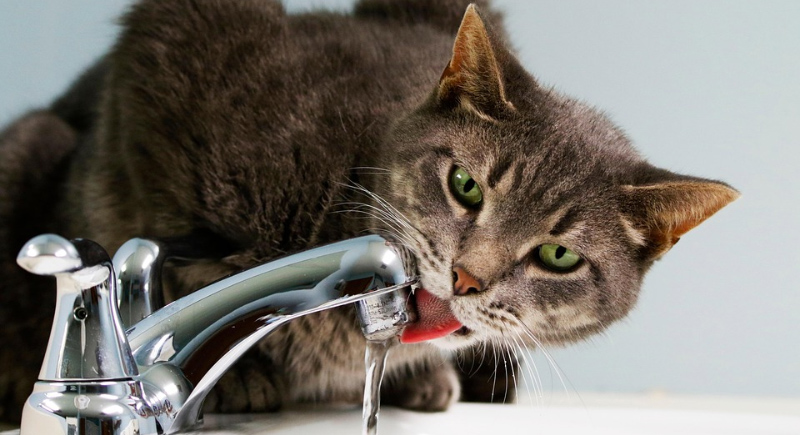
Credit: pixabay
You know your pet’s habits better than anyone. If they’re draining the water bowl faster than usual or making extra trips to the dish, something’s up. Excessive thirst is a common symptom of diabetes, kidney disease, or even Cushing’s disease. Before assuming it’s just hot weather, pay attention to how often you’re refilling their water—especially if it’s paired with changes in urination.
Frequent Vomiting
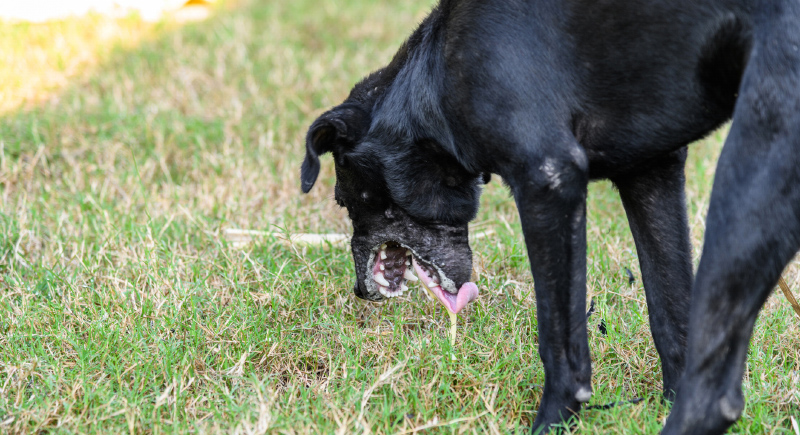
Credit: iStockphoto
Finding some pet vomit on the floor isn’t really a cause for alarm. Maybe they ate too fast, got into something they shouldn’t have, or had a mild stomach upset. But when vomiting becomes a pattern—especially if it’s happening multiple times a day or over consecutive days—it’s a problem. Persistent vomiting can be linked to pancreatitis, intestinal blockages, or even liver disease.
Sudden Weight Loss or Gain
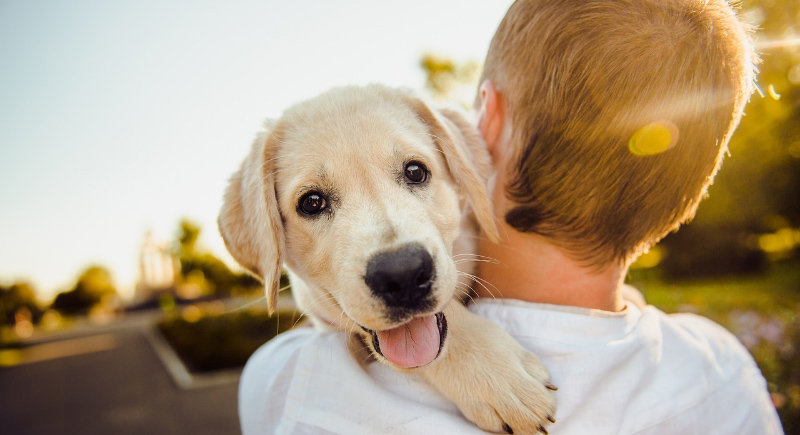
Credit: pixabay
Losing weight without diet changes can be an early sign of something serious, like cancer, hyperthyroidism, or malabsorption issues in the intestines. Rapid weight gain isn’t great either—it can point to hormonal imbalances, fluid retention, or metabolic disorders. If your pet’s body is changing dramatically without a clear reason, it’s worth investigating.
Low Energy and Lethargy
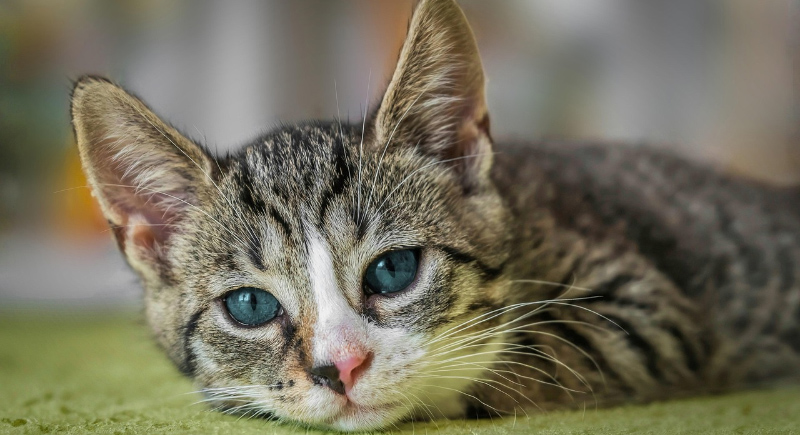
Credit: pixabay
If your normally playful pet starts acting like it’d rather nap than chase their favorite toy, it’s time to take notice. Lethargy is one of the most common symptoms of illness, but it’s also one of the easiest to dismiss. It can signal anything from anemia and infections to heart problems or even cancer.
Accidents in the House
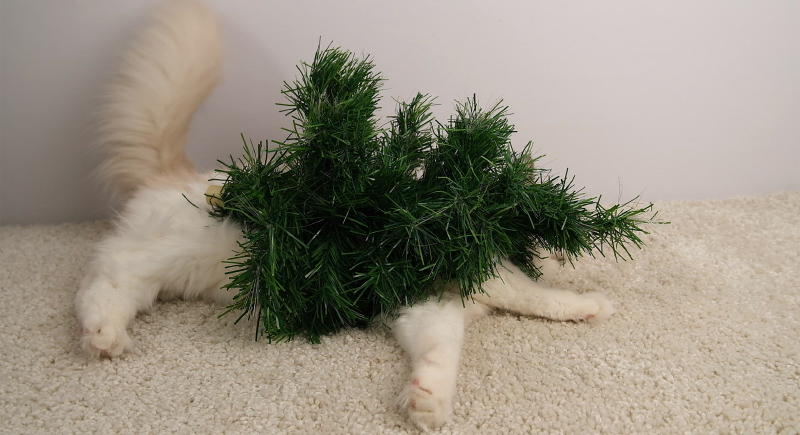
Credit: iStockphoto
A house-trained pet suddenly having accidents is often a cry for help. Urinary tract infections, bladder stones, diabetes, or kidney disease can all cause pets to lose bladder control. If an older dog or cat starts having nighttime accidents, arthritis or cognitive decline could be at play.
Skin Issues and Unusual Scratching
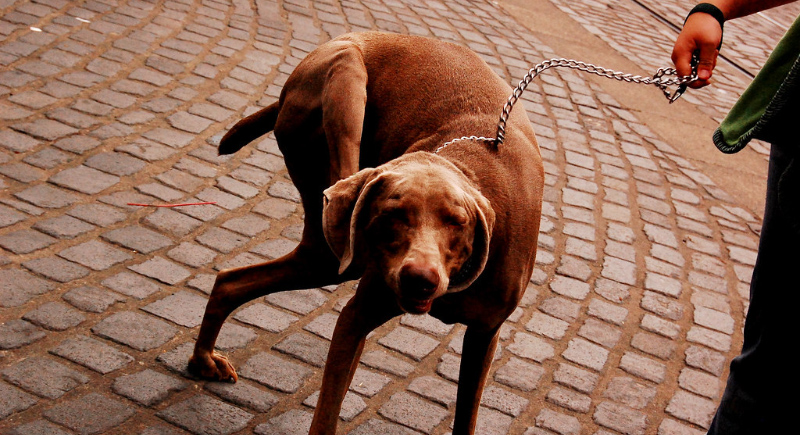
Credit: flickr
Dry patches, constant itching, red skin, or sudden hair loss are never just “cosmetic” issues. Allergies, fungal infections, parasites, or even autoimmune disorders can cause skin problems. If your pet can’t stop licking or scratching, check for rashes, bumps, or bald spots. Skin is the body’s first defense, so keeping it healthy is just as important as keeping everything inside running smoothly.
Sudden Aggression or Mood Swings

Credit: flickr
An otherwise sweet-natured pet that suddenly growls, snaps, or hides isn’t “acting up”—they’re likely in pain. Chronic pain from arthritis, dental disease, or even an unseen injury can make a normally affectionate pet irritable. If your dog flinches when you touch a certain spot or your cat hisses out of nowhere, listen to what they’re trying to tell you.
Ear and Eye Issues
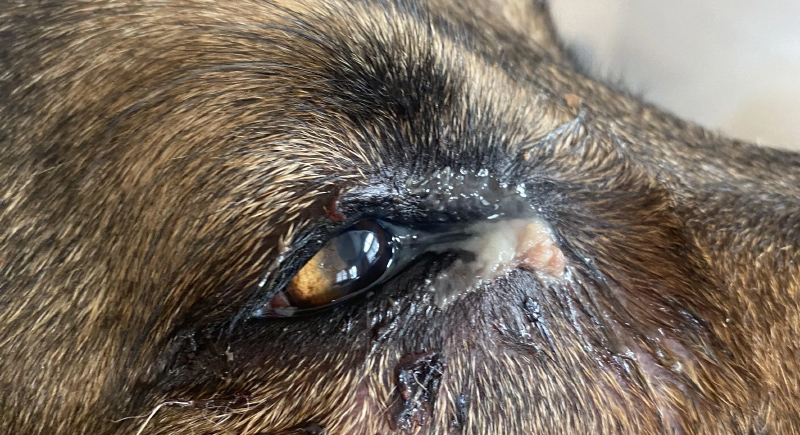
Credit: flickr
A head tilt, ear scratching, or constant eye rubbing can be signs of infection. Ear infections in dogs—especially floppy-eared breeds—can get nasty fast. Red, swollen eyes or excessive tearing might point to allergies, corneal ulcers, or even glaucoma. Pets rely on their senses just like we do, so protecting their ears and eyes is essential.
Bad Breath That Goes Beyond “Dog Breath”

Credit: flickr
We’re not expecting minty-fresh breath, but if your pet’s mouth smells rancid, that’s not normal. Persistent bad breath often points to dental disease, which can lead to infections affecting the heart and kidneys. A foul smell accompanied by drooling, difficulty chewing, or pawing at the mouth definitely warrants a checkup.
Restlessness and Pacing
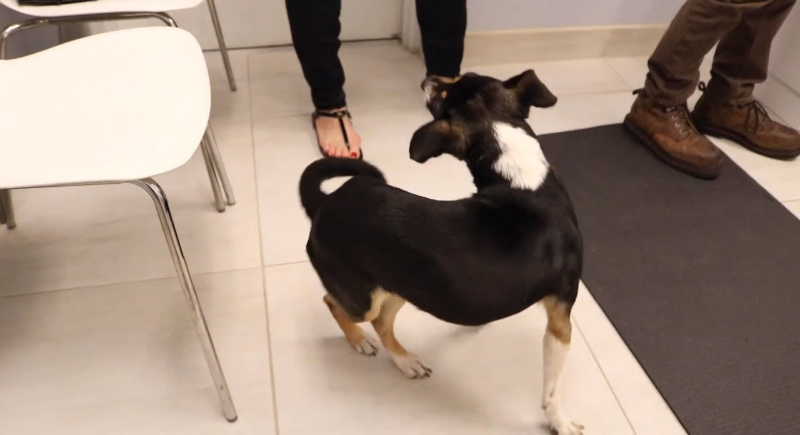
Credit: Youtube
A pet that won’t settle down, keeps circling, or seems anxious for no reason might be struggling with pain, anxiety, or cognitive issues. Older dogs with dementia often pace at night, while joint pain can make lying down uncomfortable. If your pet seems restless, check for other signs of discomfort or confusion.
Unexplained Lumps or Bumps

Credit: flickr
Finding a lump under your pet’s fur is unsettling, but not every bump is cancerous. Some are harmless fatty tumors, but others can be cysts, infections, or something more serious. The only way to know for sure is to have it checked. If a lump is growing, changing color, or seems painful, make sure to have it checked.
Seizures or Uncontrollable Shaking
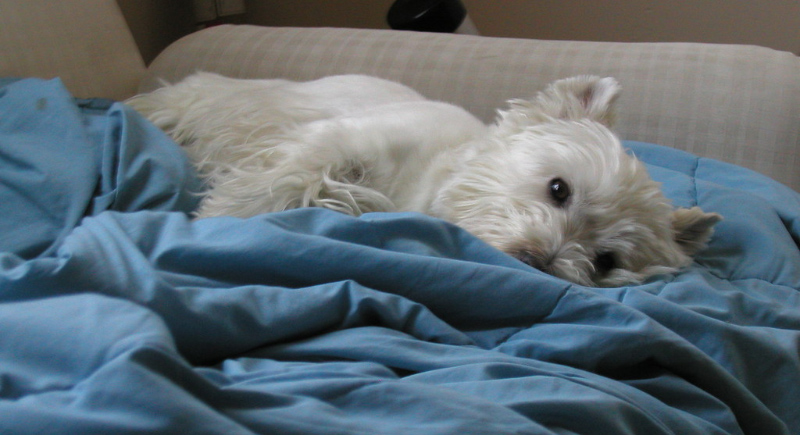
Credit: flickr
Seeing your pet have a seizure is terrifying. Tremors or twitching can stem from anything from toxin exposure to epilepsy. Even if it only happens once, it’s not something to ignore. A vet can help figure out what’s causing it and how to manage it.
Trouble Urinating
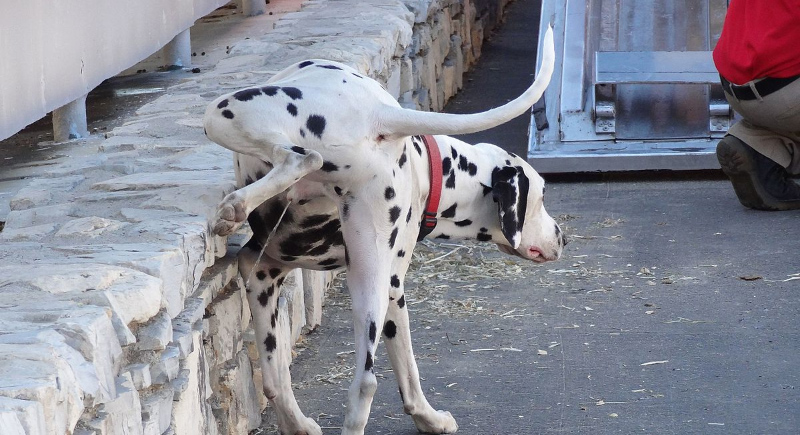
Credit: flickr
If your pet strains to pee, goes frequently but in small amounts, or cries out in pain, they might have a urinary tract infection—or something worse. In male cats, a urinary blockage can become life-threatening in just a few hours, so seek emergency care immediately.
Excessive Grooming or Hair Pulling

Credit: iStockphoto
When grooming turns from neat to nonstop, it signals trouble. Pets that lick, chew, or yank at their fur could have allergies, infections, parasites, or anxiety. Bald spots, scabs, or constant scratching mean real discomfort. A vet can determine if the cause is medical, behavioral, or both.
Shaking Head or Tilting to One Side

Credit: Canva
If your pet keeps shaking its head or walking with a noticeable tilt, something’s definitely off. Ear infections, mites, or trapped debris can cause pain and disorientation. In some cases, it might be a sign of a neurological problem or inner ear issue. Left untreated, these problems can worsen quickly.